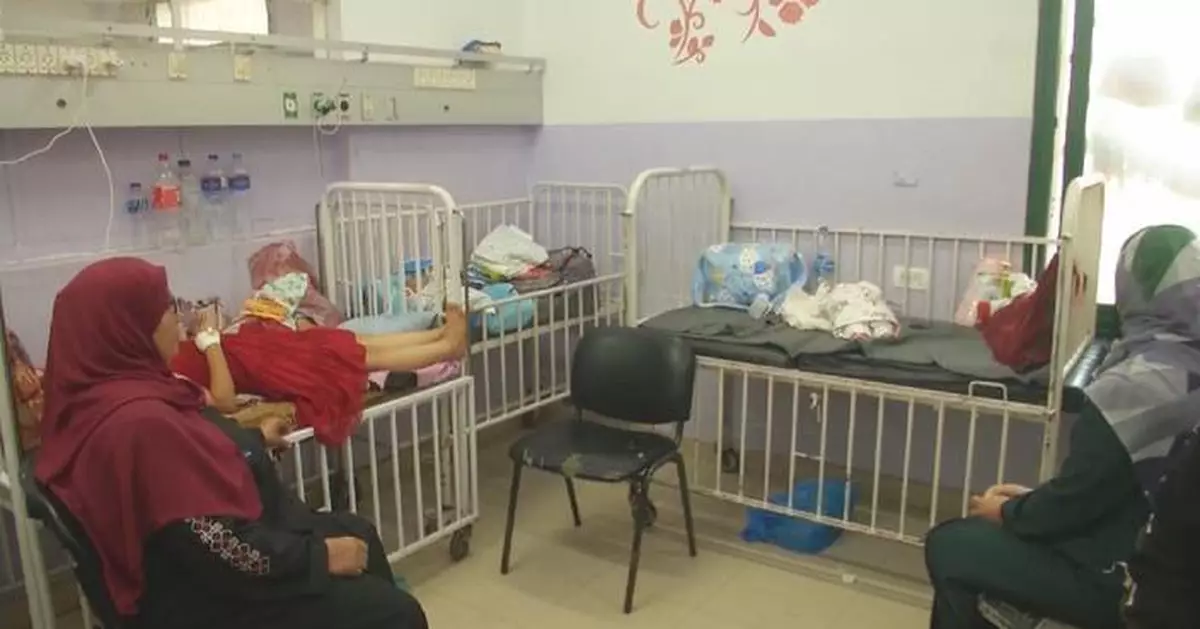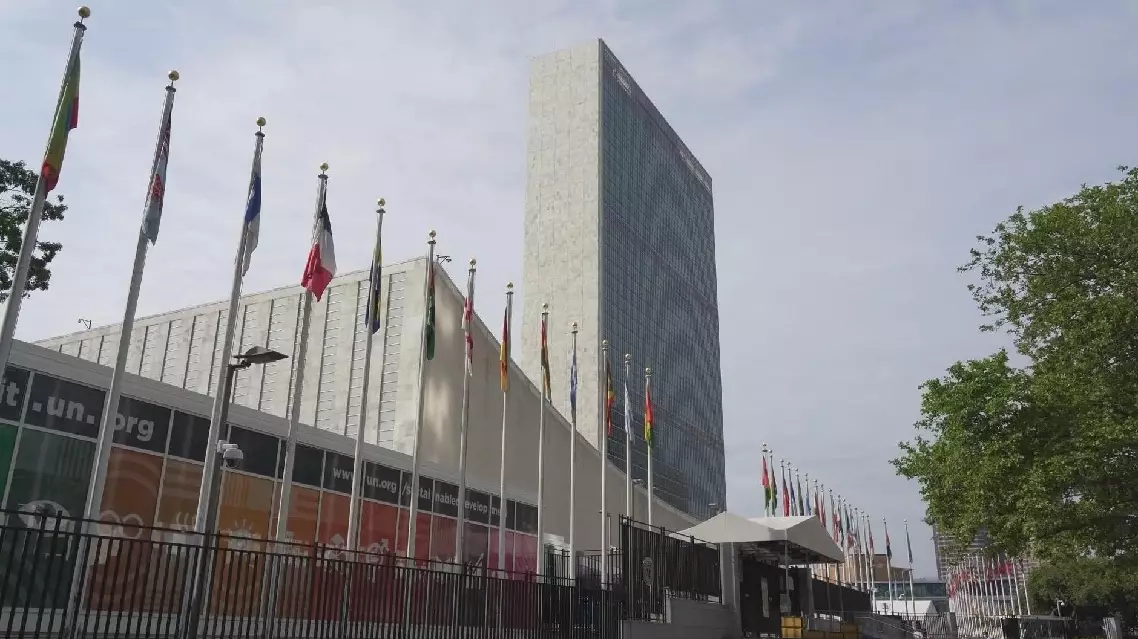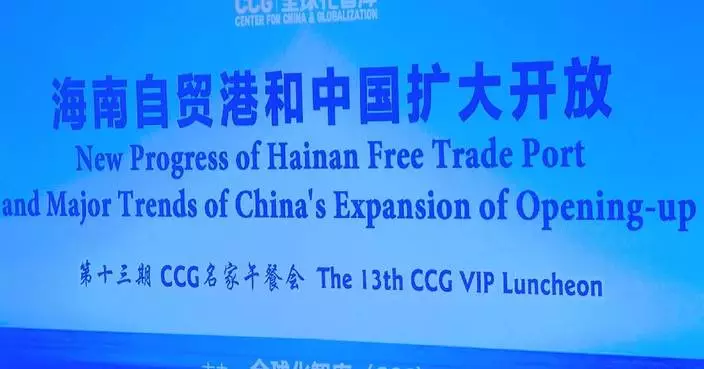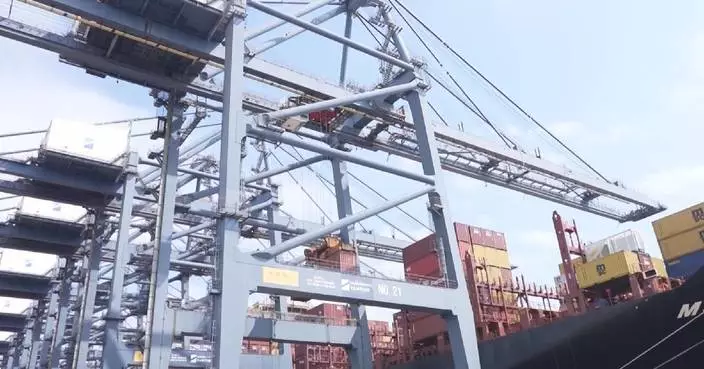Health authorities in the Gaza Strip announced on Monday that a polio epidemic had broken out across the Palestinian enclave, blaming Israeli military operations for the damage to sanitation and medical systems that had precipitated the spread of the deadly virus.
The health ministry said that years after polio was eradicated in Palestine the virus has once again been detected in wastewater in Khan Younis in southern Gaza and central parts of the strip, posing a health threat to the residents of Gaza and neighboring countries.
The World Health Organization (WHO) recently reported that its researchers had found the polio virus in six sewage samples collected in Khan Younis and other places in Gaza Strip. The agency said it is "extremely worried" about the situation.
Gaza's health authority said it will work with the United Nations International Children's Emergency Fund (UNICEF), the WHO and others to deal with the polio epidemic, but stated that it is more important to take steps to end the Israeli military operation in the strip and to address the root causes of the lack of available water and sanitation supplies and waste disposal.
Since the outbreak of the latest round of Israeli-Palestinian conflict in early October 2023, Gaza Strip has faced a serious humanitarian crisis, with people displaced, living conditions deteriorating and health systems severely hit, increasing the risk of infectious diseases.
Gaza's health ministry condemned the Israeli military offensive for depriving Gaza residents of usable water, destroying the local health infrastructure and leading to the accumulation of large amounts of waste.
Polio, which is spread mainly through human waste, is a highly contagious viral disease that attacks the nervous system and can cause paralysis within hours. It usually affects children younger than five years old, with symptoms including fever, headache, muscle pain and vomiting, and it can cause paralysis or death.
According to Al Jazeera, the Gaza Strip had a high polio vaccination rate of more than 95 percent before the current round of the Palestinian-Israeli armed conflict, but last year the figure dropped to 89 percent.
The escalation of Israeli military attacks in Gaza has damaged and destroyed water waste treatment systems, and sewage has spilled into the streets, creating a suitable environment for the spread of different diseases, Al Jazeera reported.
Philippe Lazzarini, commissioner-general of the United Nations Relief and Works Agency for Palestine Refugees in the Near East (UNRWA), said on social media that polio emerges due to "a crumbling health system, lack of clean water and hygiene material, overcrowded shelters, and very poor sanitation."
There is no cure for polio, and vaccination is the most cost-effective way to prevent the disease. But vaccination efforts in Gaza have been hampered by continued fighting that has forced people, including some health workers, to flee.
WHO announced on Thursday that it will send more than 1 million doses of polio vaccine to the war-torn strip to vaccinate children in the coming weeks.
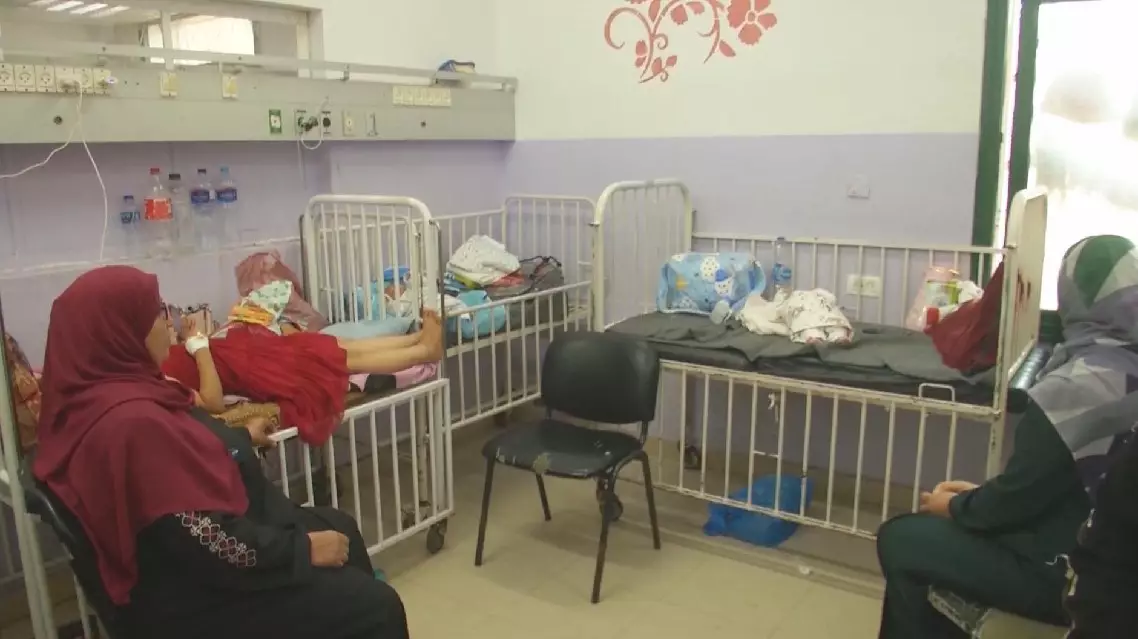
Gaza health ministry declares polio epidemic
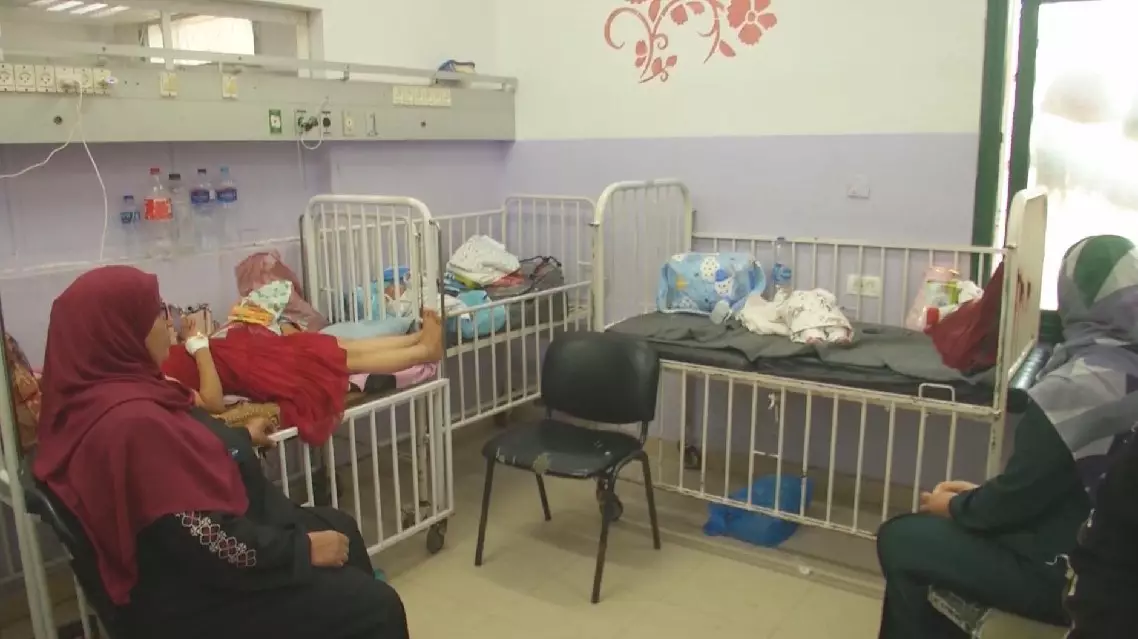
Gaza health ministry declares polio epidemic
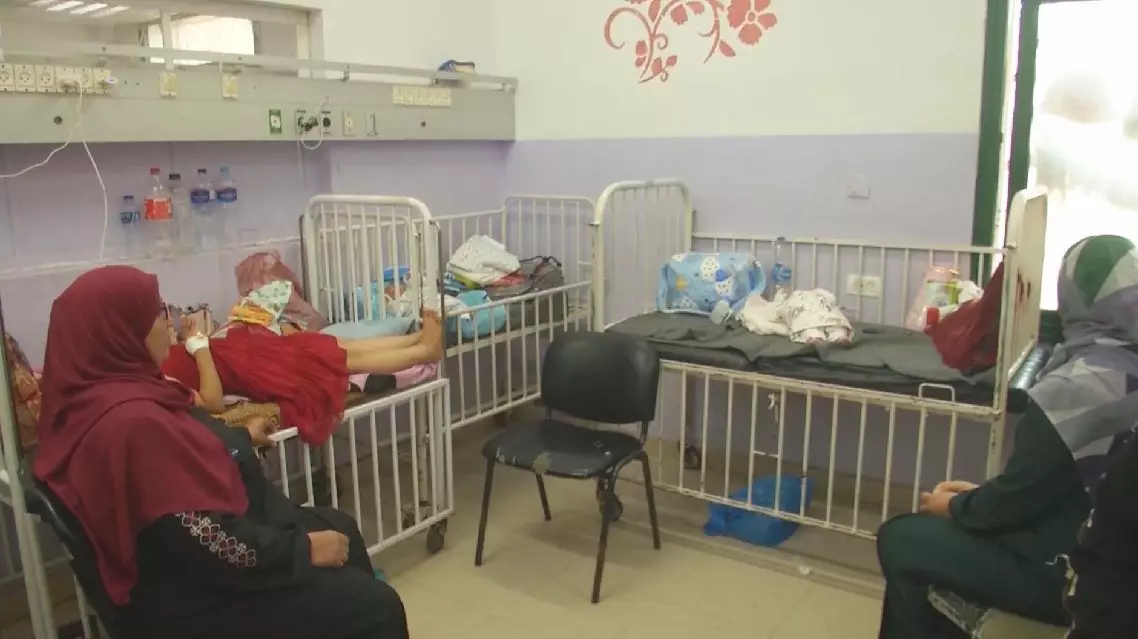
Gaza health ministry declares polio epidemic
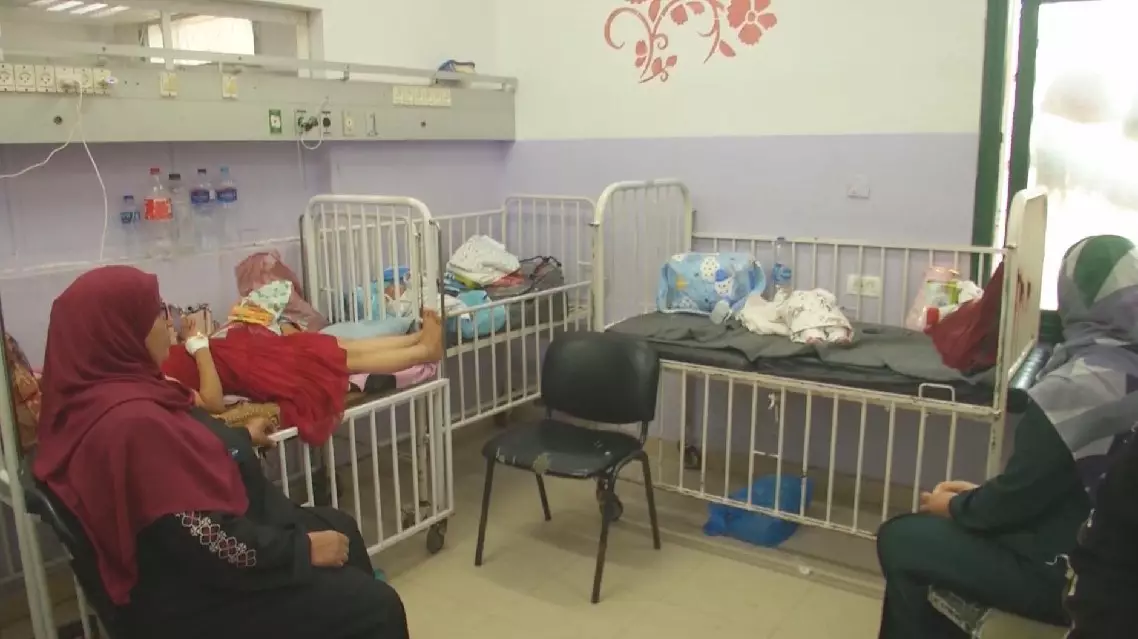
Gaza health ministry declares polio epidemic


